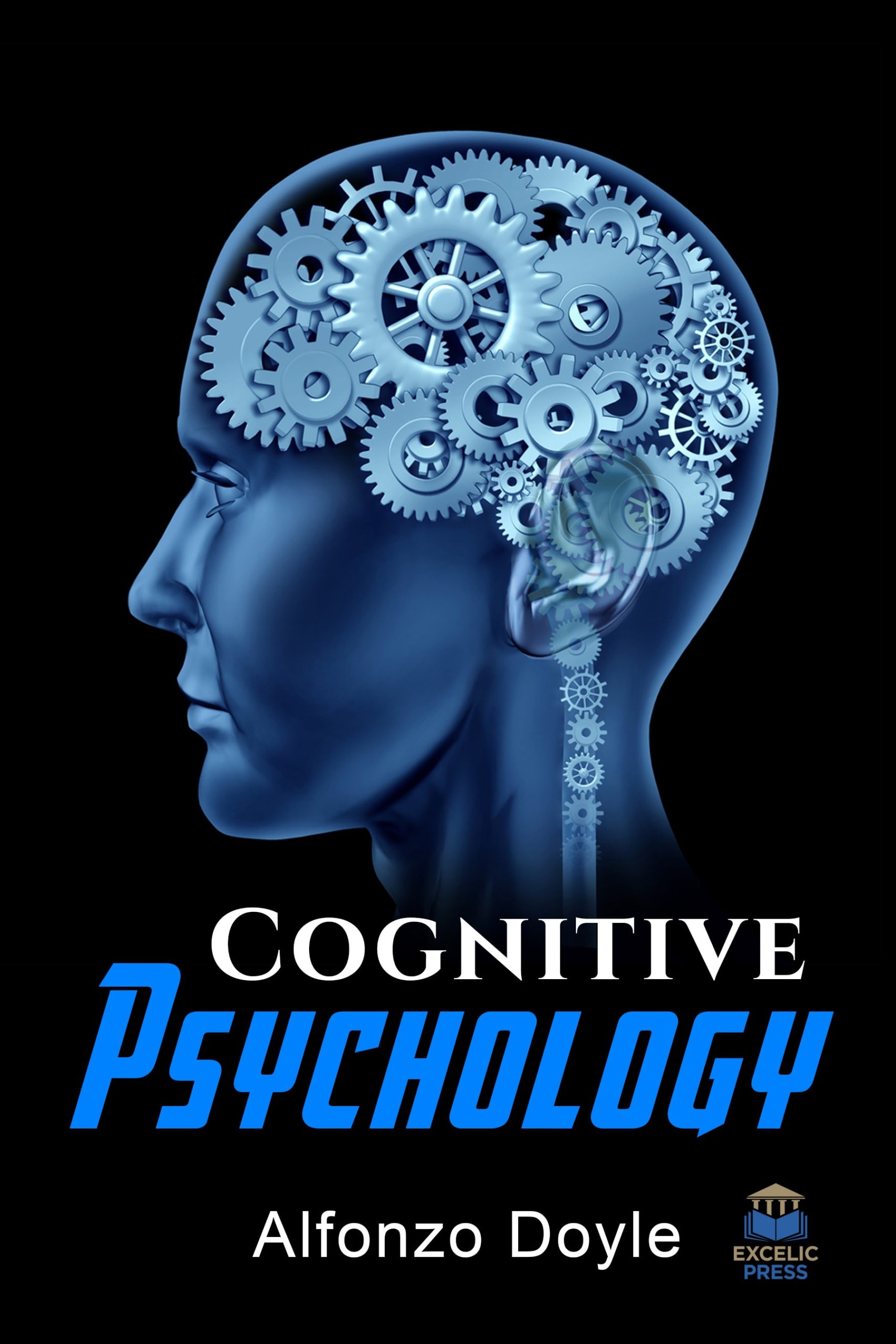A satisfactory account of human cognitive evolution will explain not only the psychological mechanisms that make our species unique, but also how, when, and why these traits evolved. To date, researchers have made substantial progress toward defining uniquely human aspects of cognition, but considerably less effort has been devoted to questions about the evolutionary processes through which these traits have arisen. What is known and how it is known are relative questions that make no sense independent of the question of who knows. Indeed, our opinion is that the central question of cognitive psychology concerns the essential nature of a knowing-agent, rather than just what is known or even how what is known is known. It is now popular to assume that what people process is.
Cognitive Psychology covers state of the art theoretical, experimental, methodological, and applied topics on the study of human cognition and behavior. It covers all aspects of cognition, ranging from low-level sensory and motor processes to complex thinking, motivation, and executive control.
Contributions may make use of any available scientific method, including modeling, simulation, brain imaging, electrophysiology, and neuropharmacology, provided that they deepen our insight into the functioning of human cognition and behavior. This book is concerned with advances in the study of attention, memory, language processing, perception, problem solving, and thinking; it focuses in extensive articles that have a major impact on cognitive theory and provide new theoretical advances.
The world-wide authors and eminent specialists in the field presents studies in cognitive psychology, providing students with the opportunity to learn about the details of experimental studies that have had a major influence on the development of this discipline.
This book is an essential, comprehensive resource for students and practitioners interested in topics in cognitive psychology, including perceptual issues, attention, memory, knowledge representation, language, and emotional influences.











